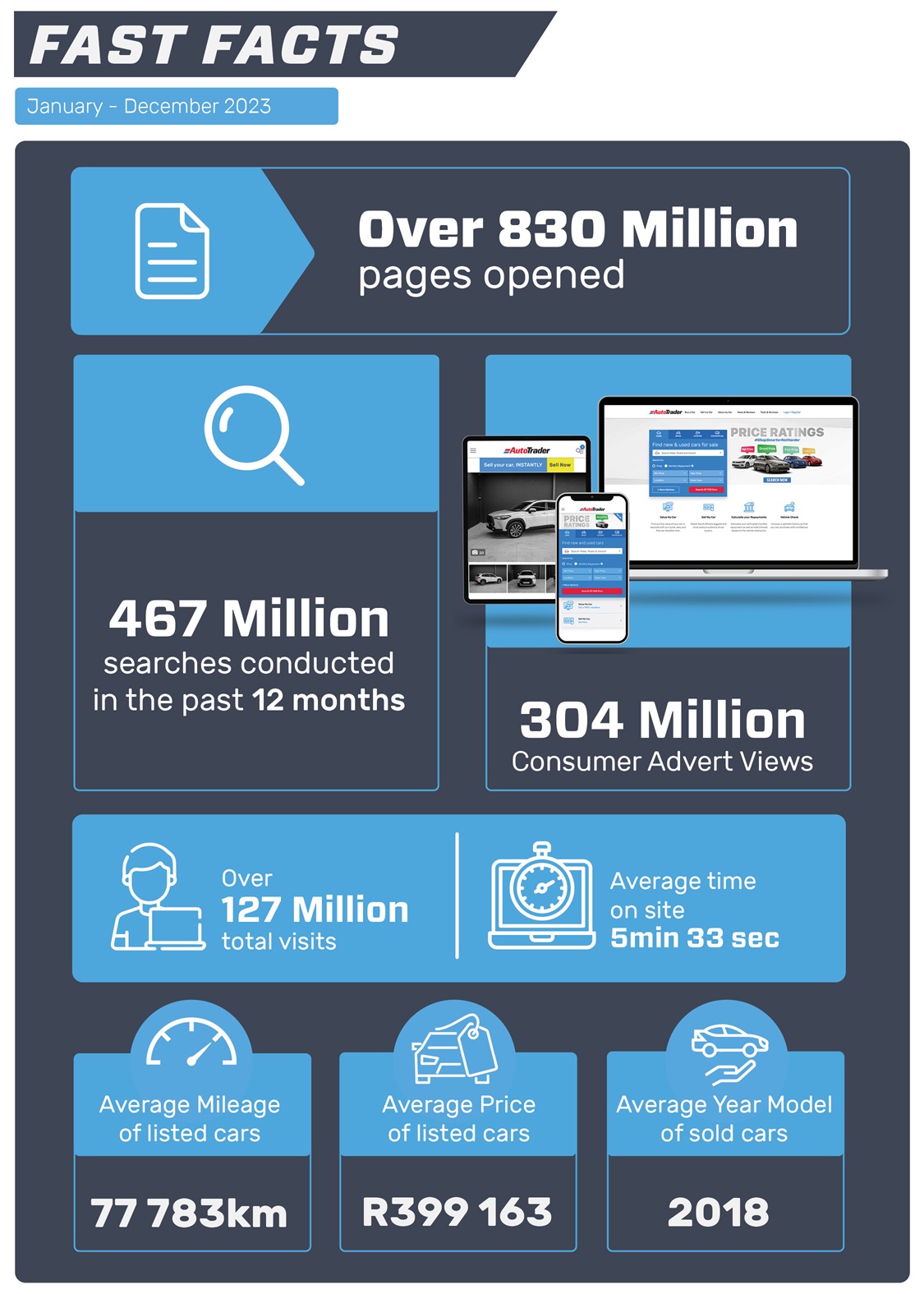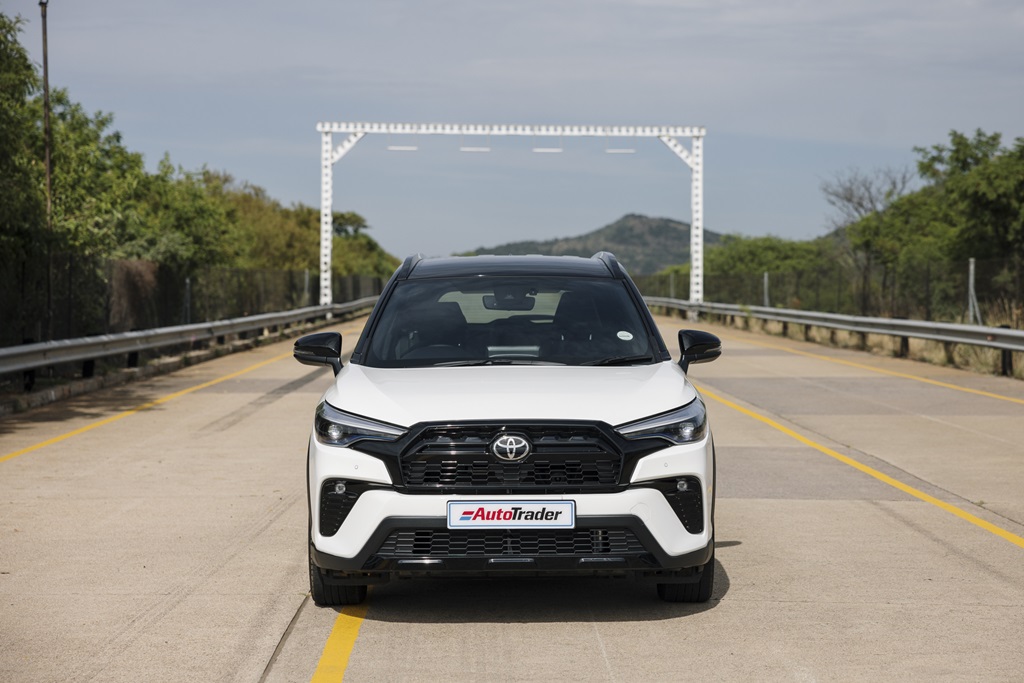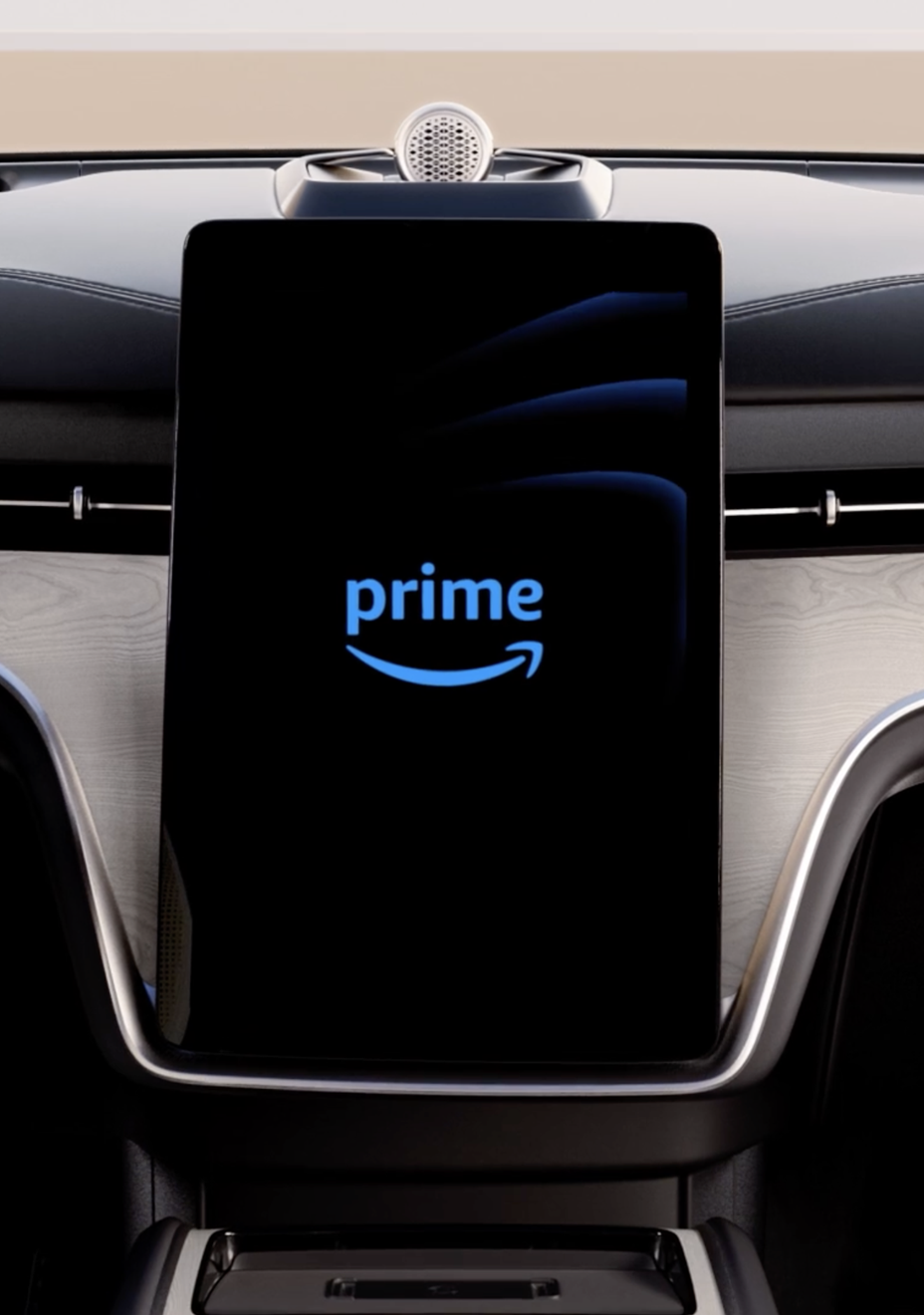Brands are now more keen than ever to get consumers involved in how you buy products and services from them. They want you to feel involved, empowered, and like you’ve got more freedom if you choose them over another brand. Sometimes, it’s all a big show. Like choosing the design on your credit card. Which is nice, but means nothing at all. But there are some instances, where brands have given consumers a real opportunity to influence what you pay.
The best example that we have is car insurance. Car insurance companies have gone to town on this idea of customer freedom. Many have taken to online platforms, allowing you to create a profile where you can submit claims and make changes to your cover in an attempt to give you more ‘control’ over your insurance. Some let you ‘build’ your own policy by selecting from the pre-set options. That’s definitely more freedom, but can be worrying for a lot of people who need the security of knowing that they have the standard ‘comprehensive’ policy and are covered for what this type of policy should cover. They don’t want to fiddle.
A real winner is being able to choose your own excess. Most of you probably already know this, but a basic car excess is the amount of money that you pay when you claim. It can range from R1,500 all the way up to R17,000 and it can impact your premium. So, some insurers decided to let you choose your own excess so that you can a) choose an amount that you can afford to pay if you claim, and b) influence your premium amount.
But how do you know what’s a good excess to choose? A little guidance is what’s needed, and we’re here to give it to you. In short bites, so it’s easy to get the info that you need and get on with buying car insurance.
How excesses influence your premium
Changing your excess has a seesaw-like effect on your premium. If you choose a higher excess, then your premium will go down. If you choose a lower excess, your premium will go up. Very simple.
The most important thing to know about your excess
If you can’t pay your excess, then your claim might be rejected. So, if there’s anything you take from this guide, it’s this: You must be able to afford your premiums AND your excess. There’s absolutely no point in bringing your excess up to R7,500 so that you can pay R300 for comprehensive car insurance (which is supppper cheap). If you can’t afford R7,500 at any given point in the month, then it won’t help to pay such a cheap premium.
It’s all about balance
It’s tempting to push your excess up a bit more than what is affordable. Really tempting, because you can imagine just how much easier it’ll be on your budget to pay less for car insurance… And then you don’t have to consider downsizing your policy to a more basic type of cover… Or worse, cancelling your policy altogether. But the reality is that accidents and incidents can happen at the worst possible financial times in your life. When you simply can’t stretch your resources to pay a higher excess amount.
Our advice is to look at your budget and see what amount, at a push, you could afford to pay at any time of the month if your car were to be involved in an accident. This might be R3,000 or it might be R4,500. Maybe it’s less, maybe it’s more. Whatever that amount is, choose it and let this influence your premium. This way, you’ve done your best to make a responsible choice and brought your premium down as much as is reasonable for you. This is honestly the best approach.
If you feel like your excess might be a little excessive, then consider car insurance from a company who lets you choose your own excess and decreases your premiums every month in line with the depreciating value of your car so that your policy always covers the true value of your car. It sounds too good to be true, but it’s a real thing. We promise.
Click here to get a commitment-free quotes in just 2 minutes or call 0860 50 50 50 to get in touch and chat about getting the balance right between your monthly premiums and your basic excess.
Posted in partnership with King Price Insurance





































